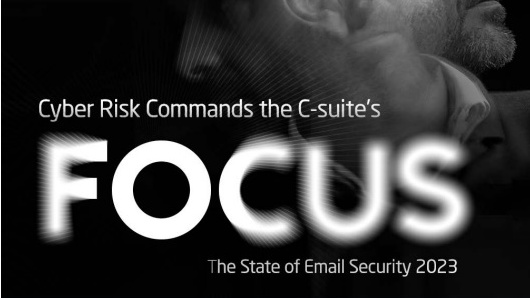Interpol arrests 14 in cyber crime crackdown across Africa
As many as 20,000 suspicious networks identified as international action against cyber crime ramps up


Interpol has confirmed 14 arrests and the identification of more than 20,000 suspicious cyber networks in an operation dubbed Africa Cyber Surge II.
The networks identified are said to be linked to financial losses totalling more than $40 million.
Approximately 150 Interpol reports were shared with participating countries. These contained information on 3,786 malicious command and control servers, 14,134 victim IPs linked to data stealer cases, 1,415 phishing links and domains, and 939 scam IPs.
Interpol noted the strong correlation between financial crime and cyber crime and said the initiative allowed “participating countries to expand their law enforcement response by adopting a ‘follow the money’ approach”.
Three suspects were arrested in Cameroon in relation to an online scam involving the fraudulent sale of artworks worth nearly $1 million ($850,000). Money mules linked to messaging platform scams were arrested in Mauritius.
In addition, 615 malware operators were taken down in Kenya, and two Darknet sites were taken down in Cameroon.
Jürgen Stock, Interpol Secretary General, praised the operation and noted the strengthening of cyber crime departments in member countries. He said: “This will further contribute to reducing the global impact of cyber crime and protecting communities in the region”.
Get the ITPro daily newsletter
Sign up today and you will receive a free copy of our Future Focus 2025 report - the leading guidance on AI, cybersecurity and other IT challenges as per 700+ senior executives
The Africa Cyber Surge II operation was carried out with funding from the UK Foreign Commonwealth and Development Office, the German Federal Foreign Office, and the Council of Europe.
It comes after the Africa Cyber Surge operation at the end of 2022. This operation resulted in the arrest of 11 individuals, the take-down of a Darknet market selling hacking tools and cyber crime-as-a-service components, and action against more than 200,000 pieces of malicious cyber infrastructure.
RELATED RESOURCE

The state of email security 2023
Get insights from 1,700 CISOs and other IT professionals as they present a realistic picture of the steps they are taking to protect their organizations from cyber attacks.
DOWNLOAD FOR FREE
The action also reflects a growing focus on international threat actors. The US charged a third member allegedly associated with the LockBit ransomware group in June as international law enforcement ramped up its efforts to end the ransomware-as-a-service operation.
More recently, Interpol took part in an operation to close down the 16shop phishing-as-a-service platform. The platform sold hacking tools to compromise 70,000 users in 43 countries. Indonesian authorities arrested its operator and one of its facilitators, and another was arrested in Japan.
The scale of Interpol’s cyber crime operations has increased in recent years. As well as the earlier surge, it also took part in Operation Falcon II - an effort with the Nigerian police - to combat mass phishing and Business Email Compromise (BEC) and Operation Delilah, which resulted in the arrest of a Nigerian man in an operation spanning four continents.
In the latter, the suspect was alleged to have run a transnational cyber crime syndicate.

Richard Speed is an expert in databases, DevOps and IT regulations and governance. He was previously a Staff Writer for ITPro, CloudPro and ChannelPro, before going freelance. He first joined Future in 2023 having worked as a reporter for The Register. He has also attended numerous domestic and international events, including Microsoft's Build and Ignite conferences and both US and EU KubeCons.
Prior to joining The Register, he spent a number of years working in IT in the pharmaceutical and financial sectors.
-
 Meta just revived plans to train AI models using European user data
Meta just revived plans to train AI models using European user dataNews Meta has confirmed plans to train AI models using European users’ public content and conversations with its Meta AI chatbot.
By Nicole Kobie
-
 AI is helping bad bots take over the internet
AI is helping bad bots take over the internetNews Automated bot traffic has surpassed human activity for the first time in a decade, according to Imperva
By Bobby Hellard